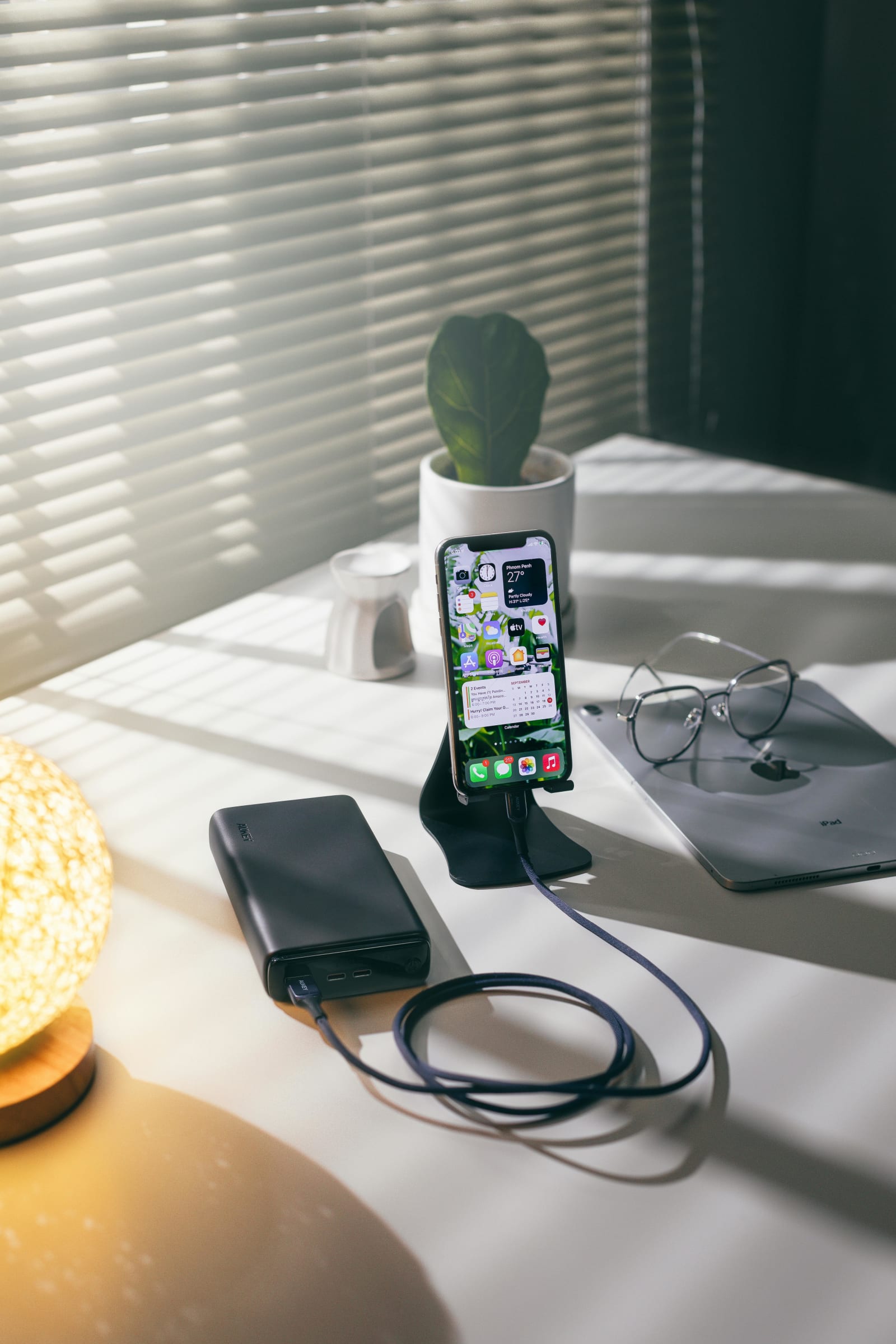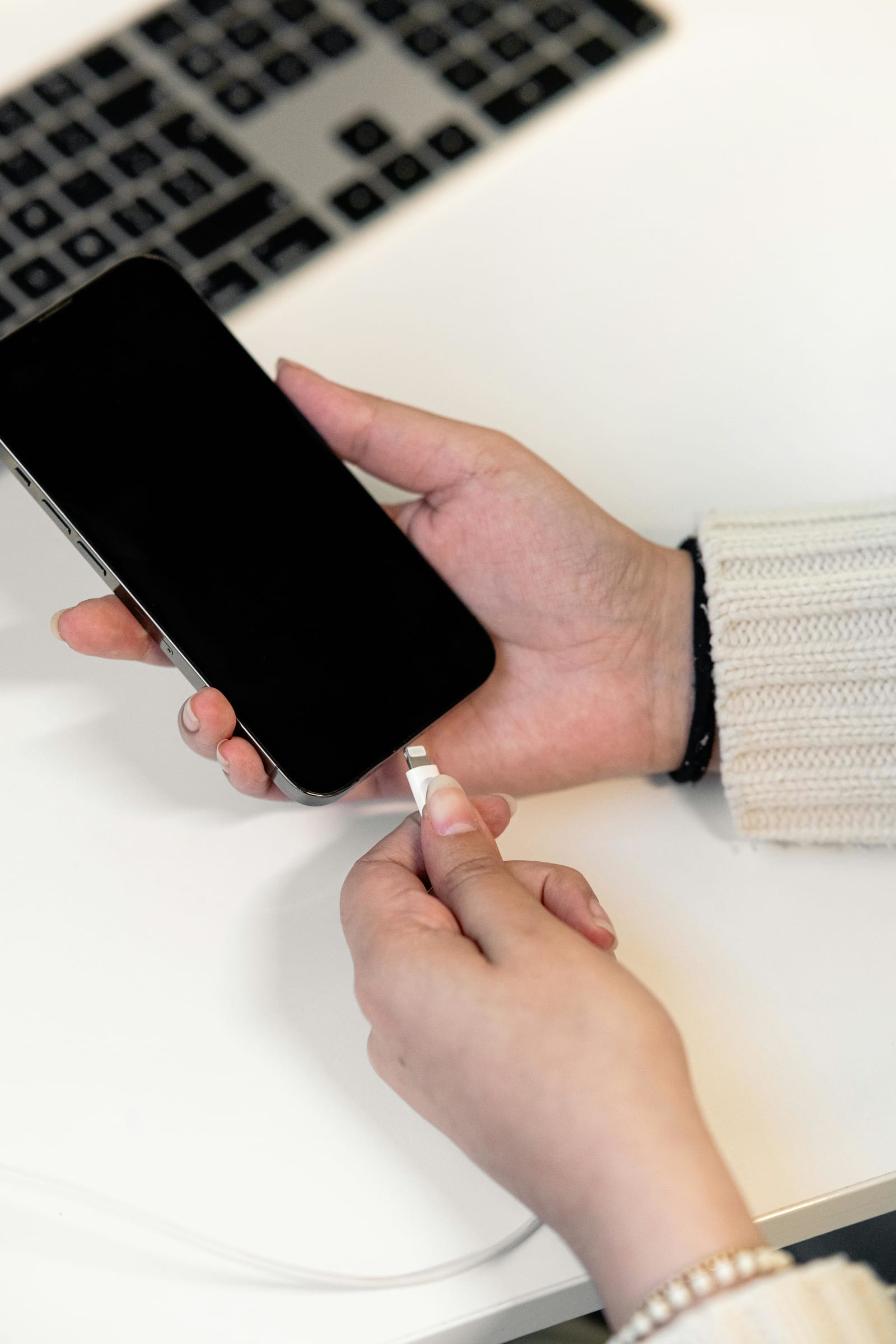Do we really need power banks anymore?
September 17, 2025
I've been carrying around a power bank for years, but lately, I've been questioning whether it's still worth it. The other day, I tried to revive my old power bank that had been sitting in my drawer for months. After charging it for what felt like forever and watching my electricity meter spin, it only managed to keep my phone alive for about 20 minutes before dying completely. That's when I started wondering: have power banks become obsolete?

The case against power banks
Let's be honest - power banks aren't what they used to be. They're expensive, often costing as much as a decent pair of earbuds. They take an eternity to charge fully, and after about two years of regular use, the battery capacity degrades so much that they become practically useless. When they finally die, finding a place to repair them is nearly impossible, so most of us just toss them in the trash and contribute to more electronic waste.
Meanwhile, our phones have gotten significantly better. Modern smartphones come with larger batteries that last much longer than the phones we had five years ago. Fast charging technology has also improved dramatically - you can now get a 50% charge in just 15-20 minutes with the right charger.
What people are saying

I asked around to see what others think about power banks these days, and the responses were surprisingly divided. One person made a compelling point:
"You should still have one for emergencies - like when you're traveling far from home, stuck at a hospital, or working somewhere you can't constantly plug in your phone. Not everyone works from a fixed location, and you can't always ask to borrow someone's charger."
Others have completely abandoned power banks since fast charging became mainstream. "Ever since fast charging came out, I ditched my power bank. If I really need juice, I just stop by a coffee shop and plug in for a bit - the phone fills up quickly," one friend told me.
The reality of modern usage
Here's what I've noticed: many of us buy power banks with good intentions but rarely use them. As one person admitted, "I bought one on impulse but never use it because my phone lasts all day, and I always carry my regular charger anyway." This seems to be a common pattern - we purchase them for peace of mind but end up letting them collect dust in our bags or drawers.
The irony is that by the time we actually need them, they've often self-discharged or degraded from lack of use. Lithium batteries don't like sitting idle for extended periods, so that emergency power bank you bought two years ago might be dead when you finally need it.
When power banks still make sense
Despite my skepticism, there are still valid use cases for power banks:
- Long-distance travel where outlets aren't guaranteed
- Outdoor activities like hiking or camping
- Work situations where you're constantly moving between locations
- Emergency preparedness (natural disasters, power outages)
- Heavy phone users who drain their battery before the day ends

The key is being realistic about whether you actually fall into these categories or if you're just buying one "just in case."
Finding a middle ground
After thinking this through, I've realized that the answer isn't black and white. For daily commuters who work in offices or from home, a power bank might indeed be unnecessary expense. But for people who travel frequently or work in the field, they remain essential tools.
If you do decide to keep a power bank, here are some practical tips:
- Buy a smaller capacity one (10,000mAh or less) that's easier to carry
- Choose one with fast charging support to minimize charging time
- Actually use it occasionally to keep the battery healthy
- Consider it a specialized tool rather than an everyday carry item
My takeaway
I've decided to downsize from my bulky 20,000mAh power bank to a slim 5,000mAh one that I only pack when I know I'll be away from outlets for extended periods. For everyday use, I'm relying more on strategic charging - topping up during coffee breaks or carrying a compact wall charger instead.
The truth is, technology has evolved to the point where power banks have shifted from being essential to situational. They're not completely obsolete, but they're no longer the must-have accessory they once were. Before buying your next power bank, ask yourself: when was the last time you actually needed one? The answer might save you both money and drawer space.
